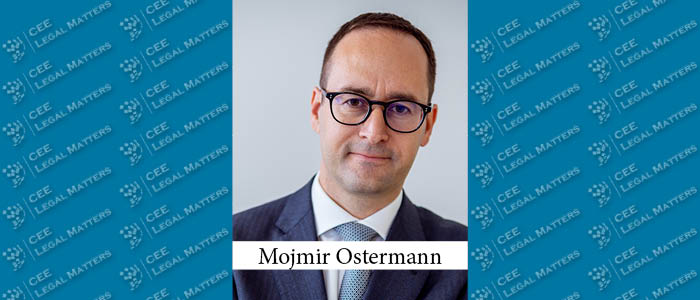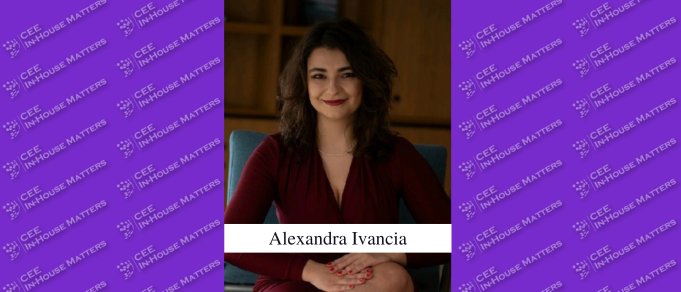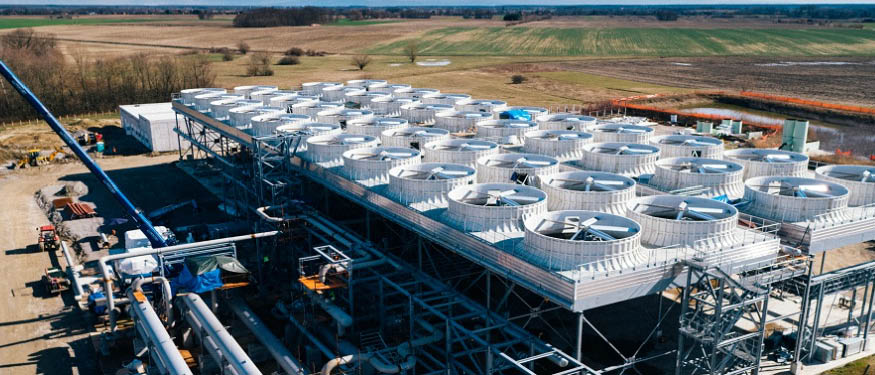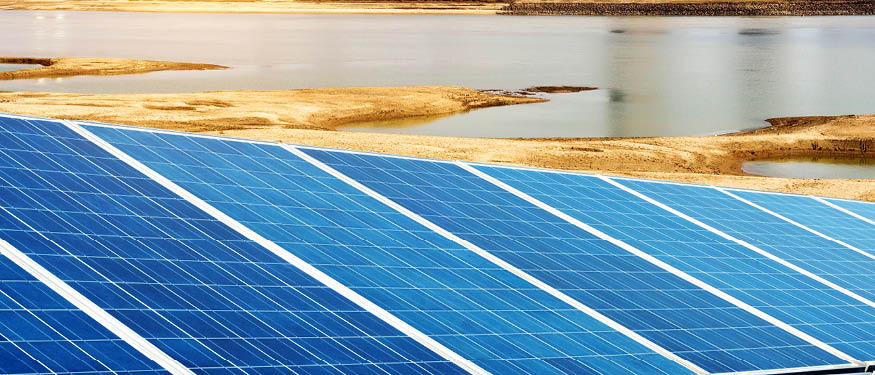Despite the challenges, Croatia’s M&A market appears to hold promise in 2023 – particularly in the retail, IT, and renewables sectors – according to Ostermann & Partners Managing Partner Mojmir Ostermann.
"As we approached the end of 2022, there was widespread concern about what 2023 would bring in terms of recession, inflation, and other negative economic indicators," Ostermann points out. "However, thankfully, things have been looking up so far, and we can anticipate a promising M&A market in 2023, with very interesting opportunities for mandates."
"It appears that this year holds great potential for professionals involved in M&A transactions, particularly in the retail, food, and energy sectors," Ostermann notes. "These industries are essential for sustenance, and people will continue to purchase food or energy regardless of fluctuating prices or weather conditions. Consequently, financial investors are keen to invest in these sectors. The main driver behind it is that these sectors are relatively resilient to challenges like a possible recession."
Ostermann highlights two significant M&A transactions that will probably happen in 2023 in Croatia. "Currently, the sale of Pevex, the largest DIY store in the Croatian market, has been announced by the main shareholder," he says. "Additionally, two weeks ago, Fortenova published that it started the process for examining interest by potential investors for the purchase of the Fortenova group, while Lazard has been engaged as an advisor."
Finally, Ostermann draws attention to significant developments in Croatia’s renewables market. "We anticipate a significant influx of investments for photovoltaic power plants as Croatia's solar energy currently only accounts for less than 1% of the total energy produced, despite the favorable climate conditions," he points out. "The Ministry of Economy has recently begun issuing energy approvals for projects that have been in the works for over a year, though certain regulations are still lacking."
According to him, "due to a large number of applications, both the ministry and the transmission system operator require more time to determine not only how energy production will be implemented, but also how it will be integrated into the grid. This may be why the government is taking extra time to ensure that energy approvals are properly issued. It is likely that construction will begin on several projects by the end of the year, resulting in a significant increase in financing mandates." Overall, Ostermann believes that "the prospects for this year are bright, and lawyers can expect to remain busy."

























